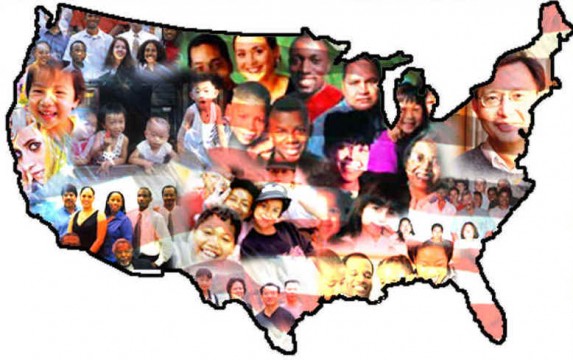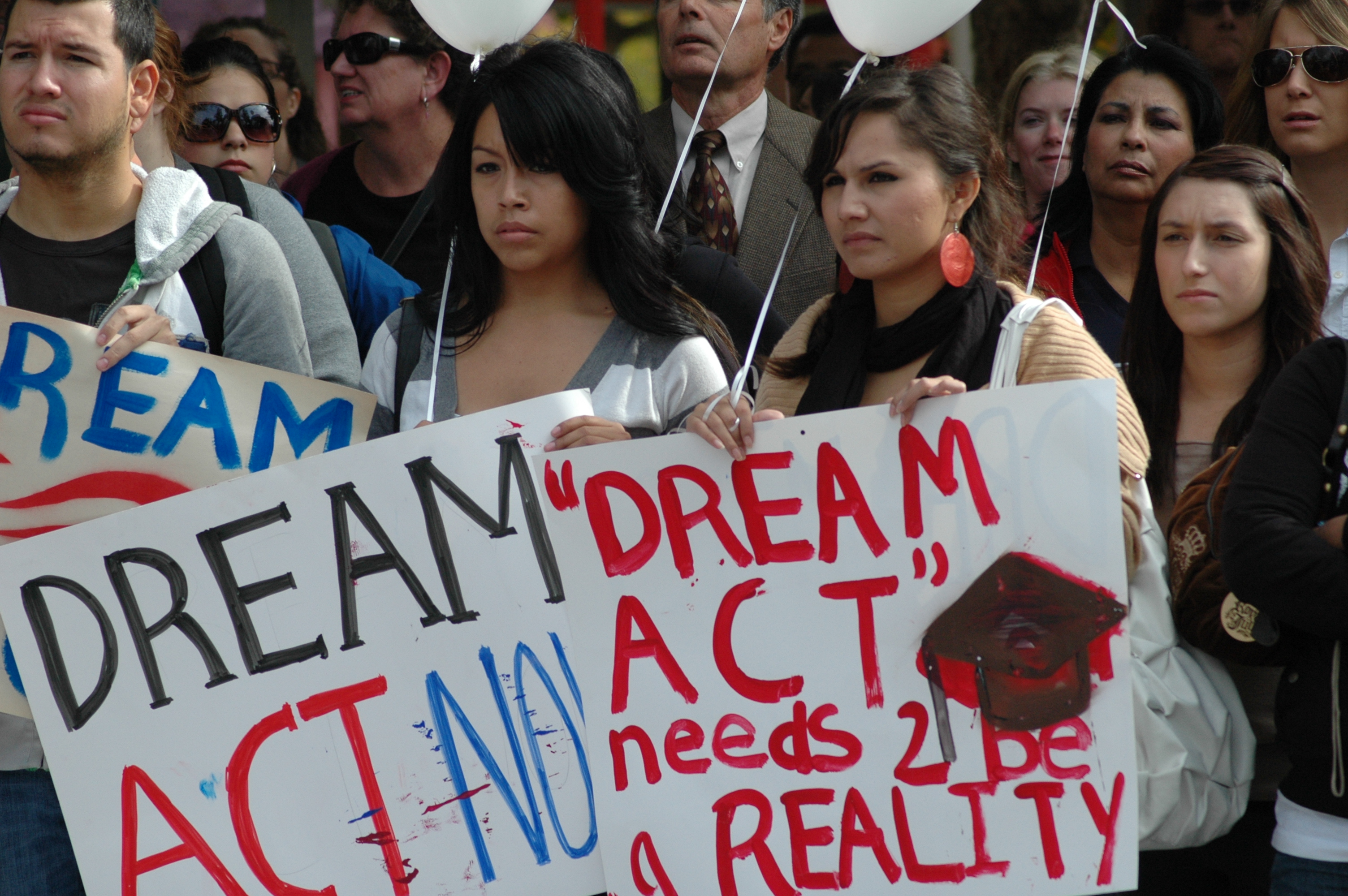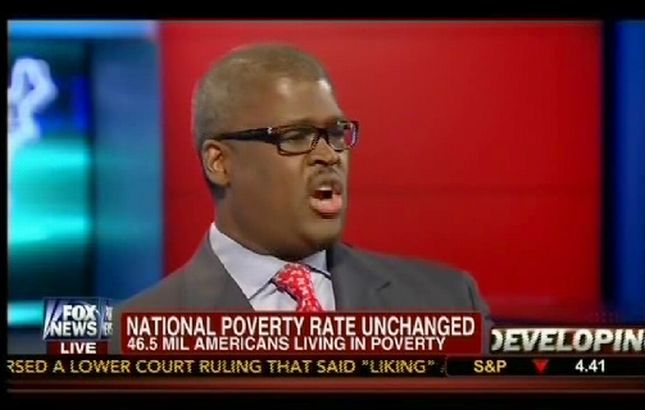Casey French
In Wednesday's lecture, we discussed Matrix of Domination, a model that explains how society values certain traits over others and categorizes them into those who experience oppression and those who experience privileges. We had two readings on individual accounts of oppression, but I'd like to share my own personal experience with you.
I have a friend that illegally came to the United States. We met in 6th grade, but I did not know he was undocumented until the beginning of my high school year. It did not matter to me whether he was illegal or native to Fond du Lac. I was just glad he was able to play soccer or bike around town with me on the weekends. However, it was always a difficult issue for him to discuss with me. I was his best friend and yet, he was hesitant to telling anyone his secret. He did not have to hide anything from me, but it felt like he was living under constant scrutiny. He lived in Mexico until he was around 6 years old, and barely remembers anything about his childhood. I hardly remember mine at that age. The only life he knows was in Fond du Lac, Wisconsin. That's the life he grew up in and the life his parents provided him. His parents looked for opportunities in the United States and have been situated in Wisconsin for over 20 years. His father has been working two jobs for years in order to provide for his family. He sleeps in-between shifts and everything they pay for is out of pocket for the most part.
I watched as my friend struggled to pay for college and how he was denied jobs due to lack of documentation. I sensed this stigma between others who judged him in high school or made inadvertent jokes about his nationality. He spent his whole life fighting this label that he had no control over. It was an identity that was ascribed to him at a young age. Socially and economically, he was always oppressed and it felt like he could never catch a break.
What made it worse was that he was smart. I mean, really smart. He was in the top of my high school graduating class after taking an overload of advanced placement classes. I would always get frustrated at his incredible memory retention with little effort. I would study for hours for a very important exam and he would glance over the material before class and receive a perfect score. He had so much potential and his ambitions were starting to seem impossible due to his status in society.
He could not apply for scholarships. He could not apply for all the schools he was interested in and it seemed like an education was just too expensive. However, my mom, who works at the UW-Fond du Lac, guided him into enrolling at the out-of-state tuition rate. The catch was that he had to pay double the amount I had. The bright side was that he was able to continue school.
I remember specifically one day during our first semester of college in the library computer lab. He was watching Congress vote for this new bill called The DREAM Act to allow deportation immunity for the children of illegal immigrants. The bill would also provide easier access for these immigrants who fit certain criteria to gain residency and enroll in universities at a permanent resident tuition rate. The Dream Act required 60 votes to be passed. I remember watching him count the totals. 52 for: 48 against. The bill was revoked with the shortage of 8 votes. It was heartbreaking to watch his hopes and ambitions crush by such a small margin.
Oppression in the United States is prevalent for many minorities who are here legally. For my friend, he had even more limitations. It was not his decision to live this way. His situation is an example of oppression in society. He was denied opportunities and equality based on his parent's decision to provide a better life for their children. As time progressed, things have been getting better for him.
He currently is attending school in UW-Oshkosh with a triple major in Microbiology, Physics, and Chemistry and will be graduating on track. He wants to go to graduate school to become a doctor. I realize that illegal immigration is a heated topic for some people and that my friend's experience is not representative whatsoever of illegal immigrants as a whole. However, I always see them as people first. Our society oppresses those for "breaking the law", but a good proportion of them are oppressed unconditionally by society. They lack basic opportunities toward education and occupations. This locks them in their current situation their whole lives. I feel that it's easy to generalize when you have limited interaction with those who are inflicted.
The media portrays all undocumented immigrants as criminals, but I do not see them this way. It is a completely different perspective once you experience it firsthand. Put yourself in my friend's situation. Apply it to your childhood. Imagine being given a label/identity from society that was out of your control. This label will haunt all facets of opportunity and hinder you from achieving any ambitions you may have. To me, that sounds like oppression. Thanks for reading my personal narrative.











